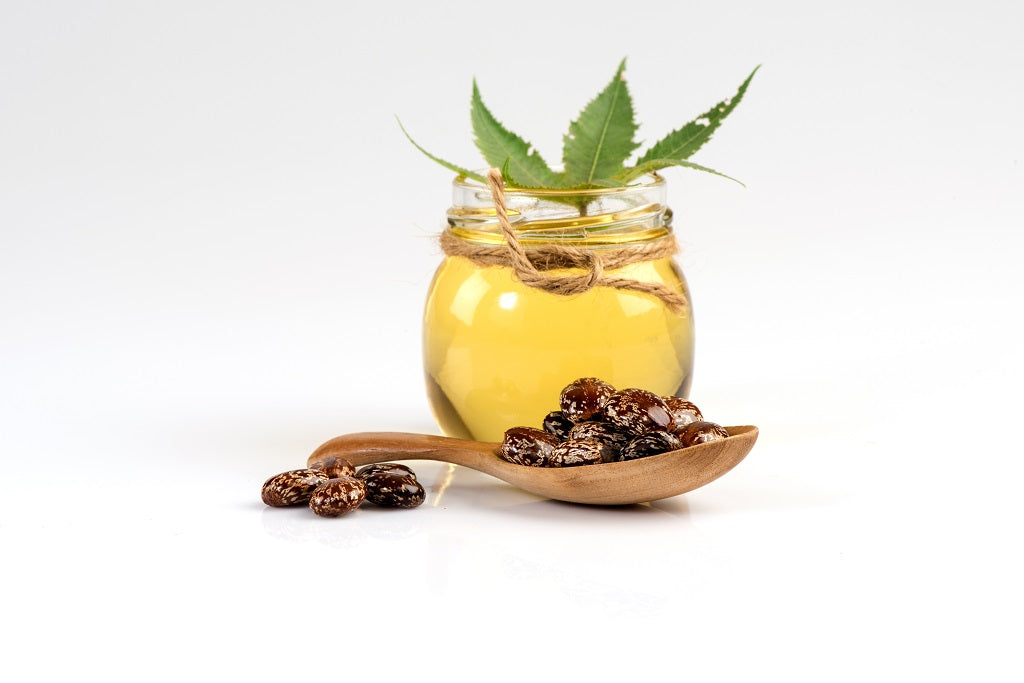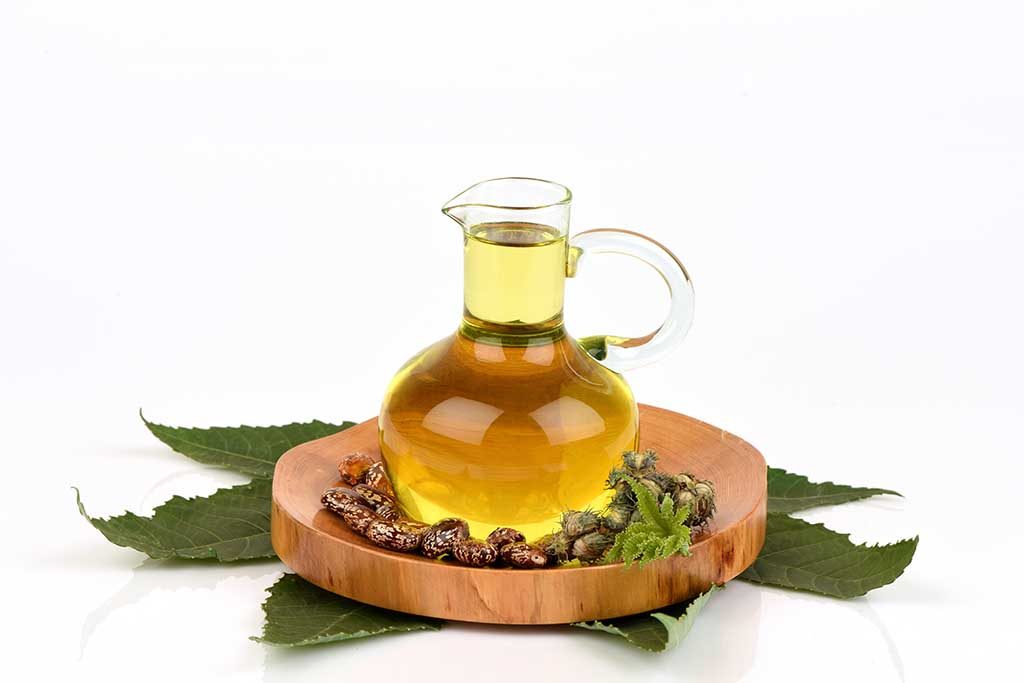What Are Parabens?
From lipsticks to moisturizers and shampoos to toothpaste, parabens have been used as an ingredient since almost 70 years to prolong the shelf life of several makeups, skincare, hair care, healthcare, personal hygiene and pharmaceutical products. This is because paraben acts as a type of effective and inexpensive preservative that can prevent the development of mould, fungi and bacteria. Naturally occurring parabens are extracted from various fruits and vegetables like cucumbers, cherries, carrots, blueberries and onions but most of the artificial parabens such as methylparaben, propylparaben and butylparaben, that are added in products are the chemical compounds of para-hydroxybenzoic acid.
Why You Should Avoid Them?
Although parabens have had a relatively quieter history in the past, in recent times various instances have been observed where extended use of paraben-containing products is known to pose indirect health risks. When you apply a body lotion or shaving cream, the parabens present in it enters your body through your skin. It has been identified that parabens can easily penetrate the skin and they remain within the tissue, which is believed to disrupt hormonal functions in your body and can have other side effects as well. The impact of paraben isn’t just limited to humans as it can harm the environment as well when it is released into the sewage system and comes in contact with local flora and fauna.
Are Parabens Bad?
The studies on parabens and their effect are many and still ongoing, and many of them conflict in their findings too. But, as we all know that prevention is better than cure, it is recommended to cut down the use of paraben and opt for other secure alternatives. Thanks to the customer reactions, a lot of manufacturers all across the globe are being compelled to formulate a wide range of ‘paraben-free’ products that require using less artificial ingredients but at the same time serve their purpose brilliantly.
What Are The Side Effects Of Parabens?
1. Can Lead To The Development Of Cancer
In the year 2004, a British study recognized traces of five parabens in the breast tumours of 19 out of 20 women. Although a direct link is yet to be found, researchers identified parabens to be xenoestrogens which means it can mimic the activity of the hormone oestrogen in your body’s cells. Excessive oestrogen can trigger an elevation in breast cell division and lead to the development of certain forms of breast cancer.
2. Can Cause Hormonal Dysfunctionalities
Paraben acts as a hormone-disrupting chemical and long-term exposure to it is associated with an increase in the oestrogen levels in your body. The fact that paraben can get absorbed into your skin through your pores, circulate in your body via your bloodstream and remain stored in your fat cells, intensifies its impact, resulting into hormonal imbalance, uterine fibroids, reproductive toxicity and ovarian cysts.
3. Can Be A Reason For Reproductive Disorders
Paraben falls into the category of chemicals that are considered as endocrine hormone disruptors as there is a high risk of its negative impact on your reproductive tract with prolong use. In the case of the male reproductive system, Butylparaben is known to adversely affect the secretion of testosterone. Pregnant women are also advised to stay away from paraben because it can have a detrimental effect on your child, both in the womb and throughout life.
4. Can Affect Your Skin Health
Instead of enhancing your skin, various lotions and moisturizers tend to accelerate your skin ageing process and make it sensitive to sun damage. This is because such products contain artificial preservatives and toxic chemicals, paraben being one of the most common ones. Applying paraben-containing products on your inflamed skin is a strict no-no as it can trigger allergic reactions on your skin.
Some Great Alternatives To Parabens
- If you intend to completely eliminate the use of paraben, all you need to do is search for “paraben-free” products both online and in stores. You will be amazed to notice that there are plenty of options at reasonable prices. But before buying any product always do your own research and read the ingredient list carefully, as the traditional names of paraben are often substituted with other complicated terms such as Alkyl Para hydroxybenzoate to trick the customers.
- A number of brands use “organic acids” such as Diazolidinyl urea, sodium benzoate, and potassium sorbate instead of parabens to extend the shelf their products. As these compounds do not pose any harm, you can replace any paraben containing product with them.
- Look for products that are made up of plant extracted preservatives or naturally derived ether alcohol like ethylhexylglycerin or phenoxyethanol as they act as an excellent alternative to paraben.
- Opt for herbal or organic products as they are absolutely non-toxic in nature and do not contain paraben or other chemicals.
How Can You Go Paraben-Free?
- The most convenient way to go paraben-free is to look for brands that manufacture “paraben-free” products in India. The Body Shop, Forest Essentials, Lotus Herbals and Aroma Magic use the “paraben-free” tag their products.
- Cut down the number of personal care products in everyday lifestyle and use only the necessary products in moderation.
- Make sure to check the label before purchasing a product and steer clear of items containing methylparaben, ethylparaben, propylparaben, butylparaben, and other ingredients ending in –paraben.
- You can always use homemade DIY recipes to reduce the use of chemical products and treat your day to day skin, health and hair complaints.
Disclaimer: All the content on anveya.com/blogs is solely for information. It is not intended to be a substitute for professional medical advice, diagnosis or treatment. Always seek the advice of your physician or a qualified health care provider. The information, suggestion or remedies mentioned on this site are provided without warranty of any kind, whether express or implied.



